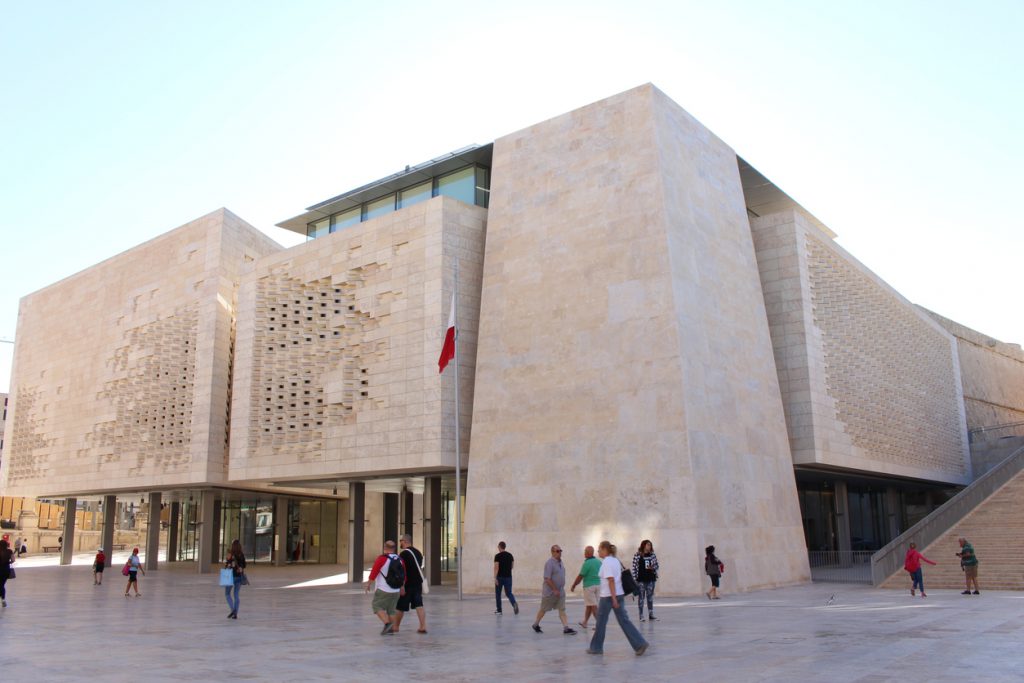An anachronistic parliament

This month’s commemoration of the 1919 Sette Giugno riots marks the establishment of Malta’s parliamentary democracy. It has become customary that on this occasion the Speaker of the House of Representatives delivers an important address on the state of our highest democratically-elected institution. Based on the Westminster model, our parliament incorporates similar procedures and we even use the Erskine May as our ‘bible’ of parliamentary procedure in case the Speaker is requested to deliver a ruling. However, that is where similarities end.
On June, 6 on the same day when Malta marked the 1919 riots, government backbenchers in the House of Commons triggered a confidence vote in Prime Minister Boris Johnson. Conservative MPs were unhappy on their leader’s conduct with respect to the so-called partygate scandal – the term coined to described parties and gatherings held at 10 Downing Street in breach of Covid-19 lockdown rules. Having gathered the minimum number of endorsements needed to trigger this vote, the exercise was done on the same day and the issue settled, at least for the time being. While it is not our intention to enter into the merits of this controversy, this episode is highly significant as it epitomises the real meaning of having a backbench keeping government under constant scrutiny. Despite having been elected with the biggest majority in 40 years under Johnson’s leadership, Tory MPs did not hesitate to take a stand when they felt that the Prime Minister was not leading by example.
By comparison, the situation in Malta could not be any different. First of all, we have reached a situation whereby our Cabinet is by far much bigger than the backbench. In the current legislature, the government side is composed of 25 ministers and parliamentary secretaries and just 19 backbenchers. Such a situation dilutes their role of watchdogs on the executive arm of the party in government. Secondly, some of these backbench MPs could find themselves at the helm of a state entity, thus giving rise to a potential conflict of interest. Recent experience also suggests that MPs in Malta are more often than note very wary of rocking the boat. It seems that they only find some courage to denounce certain issues the moment they lose their seat. Unfortunately, bar some exceptions backbenchers have always been treated as an extension of government and the moment they do not toe the line hell breaks loose.
If we truly believe in a functional parliamentary democracy this is just one aspect which we need to ponder upon. It beggars belief that our parliament is still 100% reliant on part-time legislators. This fact was also highlighted during the recent fact-finding mission one the rule of law reforms led by MEP Sophia in ’t Velt. How can legislators vet hundreds of Bills and EU directives while ensuring the best possible outcome, if they do not have enough time, resources and support staff?
As the Speaker said in his Sette Giugno address we also need to root out needless lengthy speeches, regulate parliamentary privilege and beef up resources in general. At the same time ethical standards must be maintained at all times, including the possibility of an MP being unseated if found guilty of serious breaches or misconduct.
Unfortunately, during its 101 years of existence our House of Representatives has grown but only in terms of numbers rather than quality. Having reached 79 MPs, which some might even consider as a ridiculously high number compared to the size of our electorate, certain decisions on how to raise the bar in terms of standards can no longer be placed on the back burner. The alternative is to remain an EU Member State with a parliament in a colonial time warp.
